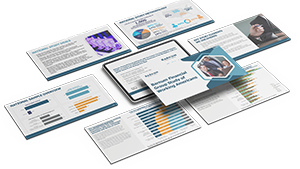What are you looking for?
Search for relevant, practical, and educational content that’s relatable and easy to digest covering all things financial.
Barnum is committed to protecting and respecting your privacy. By clicking Subscribe below, you agree to receive all Marketing updates via email. You can unsubscribe from these communications at any time. For more information on how to unsubscribe, our privacy practices, and how we are committed to protecting and respecting your privacy, please review our Privacy Policy.
By clicking Subscribe above, you consent to allow Barnum to store and process the personal information submitted above to provide you the content requested.

This comprehensive study dives into the evolving financial behaviors of American workers across a variety of factors, including generational, household income, gender, and employment status and more!